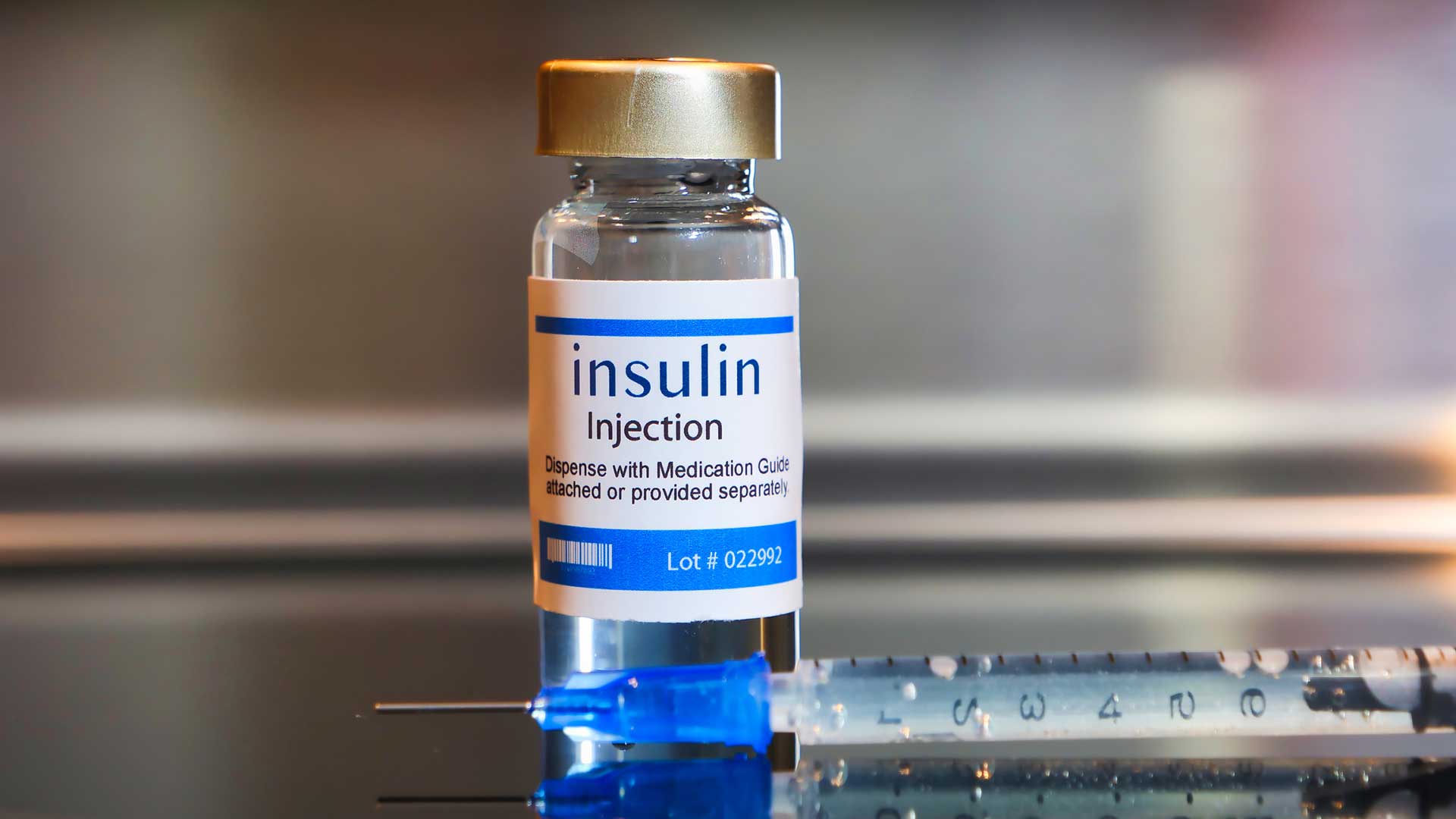Kenyan children with diabetes face uncertain future amid declining insulin donations

In Kenya, about 6,500 children and young people under the age of 20 live with Type 1 diabetes.
A report from the Netherlands-based Access to Medicine Foundation projects that global cases of Type 1 diabetes—a common autoimmune condition affecting children and young people—could rise to 2.2 million by 2040.
In a virtual briefing with journalists, the Foundation’s CEO Jayasree Iyer highlighted that approximately 150,000 children across Africa are diagnosed with diabetes each year, emphasizing the urgent need to improve access to diagnosis and treatment for better health outcomes.
The report also points out that despite donor assistance, children and young people in low- and middle-income countries continue to face significant disparities in accessing timely diagnosis and proper care for the disease.
The report further warns that without consistent and sustainable access to diabetes care, children and young people will struggle to manage the condition, potentially resulting in severe health complications.
It recommends that individual countries take greater responsibility in ensuring long-term access to essential treatment and support.
Claudia Martínez, Director of Research at the Access to Medicine Foundation, noted that hundreds of thousands of children and young people in low- and middle-income countries still face major obstacles in accessing vital insulin, medical supplies, and care for managing Type 1 diabetes.
She emphasized that although the pharmaceutical industry is playing a role in improving access, future efforts must focus on ensuring broad reach, sustainability, and affordability.
"Relying on donations is a fragile system and should be phased out," she said.
In Kenya, about 6,500 children and young people under the age of 20 live with Type 1 diabetes.
Data from the Foundation indicates that in 2024 alone, around 570 young people in this age group died from the disease, while approximately 1,380 new cases were reported.
The report reveals that the prevalence of Type 1 diabetes among children and young people under 20 in Kenya stands at 23 cases per 100,000—significantly below the average of 42.3 per 100,000 reported across 113 low- and middle-income countries (LMICs) examined.
It further notes that while donor programs are currently playing a critical role in supporting children and youth with diabetes, by providing treatment, monitoring tools, essential supplies, and education, as well as reinforcing local health systems, this model is unsustainable in the long term.
The report raises concerns about overdependence on donor aid and calls for governments to take greater responsibility. It states: "Despite their meaningful impact, these programmes alone cannot fully support children and young people who are still in urgent need of diabetes care. While companies are working with partners to improve and sustain these efforts, a major shift is needed to significantly scale up access and address unmet needs."
The report urges pharmaceutical companies to shift away from donation-based models that currently dominate diabetes care access for children and young people in low- and middle-income countries (LMICs).
It calls for industry action to improve affordability and product availability, enabling governments to take ownership of Type 1 diabetes care.
This approach, it argues, would ensure all children—regardless of location—can access essential, lifesaving treatment.
Among the 113 LMICs analyzed, Kenya ranks 44th in Type 1 diabetes prevalence among those under 20. The country is one of 19 LMICs receiving insulin donations from Lilly through the ‘Life for a Child’ initiative.
Kenya also stands out under the Changing Diabetes in Children (CDiC) program, ranking in the top three for both the number of children supported (6,100) and clinics refurbished (41) since the initiative began in 2009.
Notably, Kenya is one of only two countries where the CDiC initiative underwent a third-party evaluation to assess and publicly share its impact.
The report analyzes 11 initiatives led or supported by pharmaceutical companies Biocon, Lilly, Novo Nordisk, and Sanofi, all aimed at improving care for children and young people with Type 1 diabetes in low- and middle-income countries.
Out of these, two programs are currently active in Kenya: Lilly’s Life for a Child and Novo Nordisk’s Changing Diabetes in Children (CDiC).
